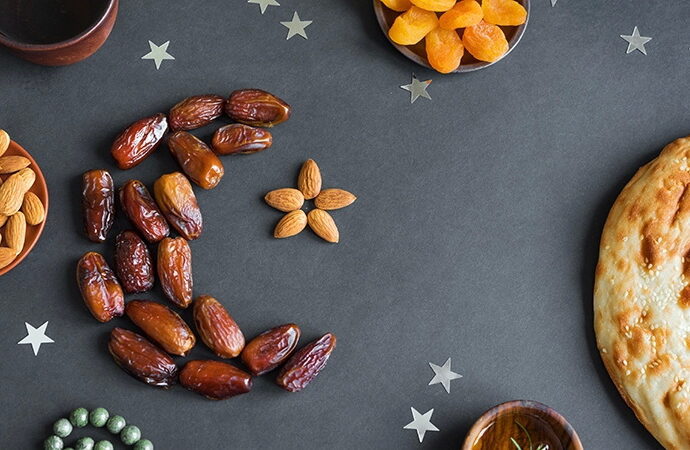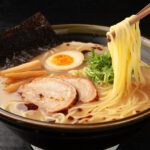As the Holy Month of Ramadan begins, communities across the Middle East are being offered valuable guidance on how to observe this sacred time while prioritizing their health.
With nearly two billion people fasting from dawn to dusk, Ramadan serves as a time for spiritual reflection, family connections, and community bonding. To ensure a healthy and balanced experience during this period, expert tips have been shared to help those fasting maintain their well-being and nourish their bodies with a nutritious diet throughout the month.
Best Foods to Break Your Fast at Iftar
Here are some of the popular and nutritious items to eat to break your fast.
- Dates: Rich in essential nutrients such as potassium and fibre, dates provide quick energy boost.
- Fresh fruits: Watermelons, oranges and grapes are great refreshing and hydrating options, packed with key vitamins, minerals, and antioxidants.
- Soup: Lentils or vegetable soups are commonly consumed during Iftar with this option offering hydration and nutrients that helps sooth individuals’ stomachs.
- Protein-rich foods: Chickpeas, lentils, boiled eggs, grilled chicken and legumes are packed with protein, making them ideal to repair and rebuild muscles after fasting.
- Bread: Pita bread, whole-grain bread or crackers with hummus help provide carbohydrates, protein and healthy fats.
Hydration & Good Digestion During Ramadan
Fasting for extended hours can lead to dehydration and digestive discomfort if not managed properly. To promote good digestion and hydration, consider the following:
- Drink plenty of water – Aim to consume at least 8–10 glasses of water between Iftar and Suhoor to stay hydrated and prevent fatigue.
- Avoid carbonated and caffeinated drinks – Fizzy drinks, coffee, and tea can lead to dehydration and bloating and should be consumed in moderation.
- Eat slowly and mindfully – Overeating, especially spicy or greasy foods, can cause indigestion and discomfort. Eating in small portions and chewing food properly aids digestion.
- Engage in light physical activity – A short walk after Iftar helps stimulate digestion and prevent bloating.
Ramadan is a special time for reflection and community. With long periods of fasting during the day, it’s essential to make nutrient-rich food choices and stay hydrated to maintain energy levels and overall well-being. Breaking fast with a balanced meal consisting of vegetables, healthy fats, proteins, and fruits not only replenishes nutrients but also supports a healthy and fulfilling Ramadan experience.











